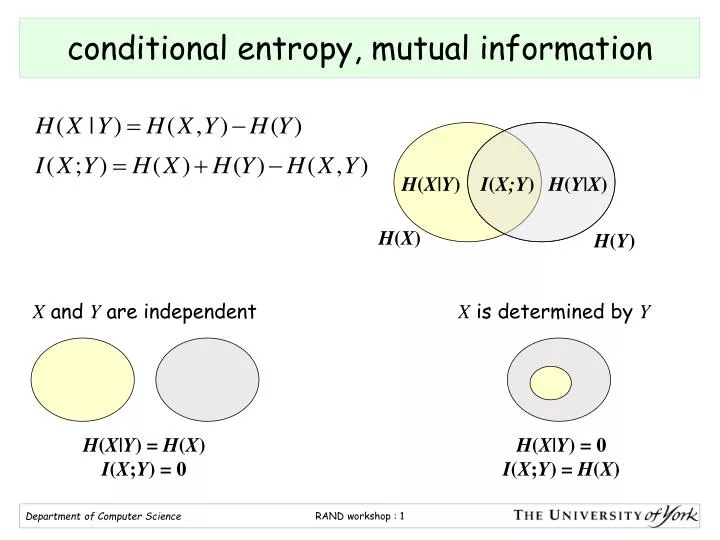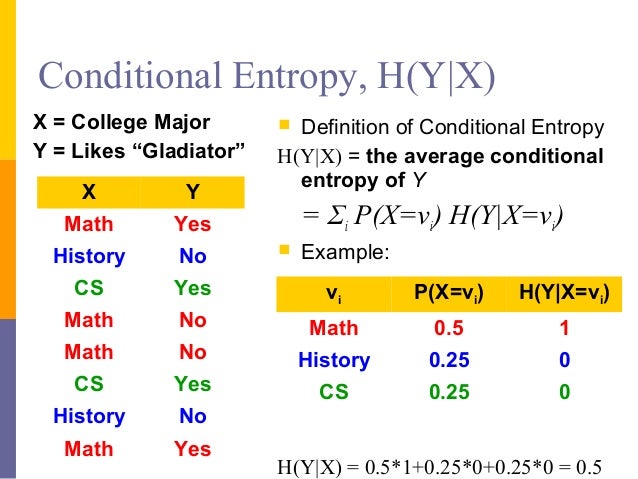
It is then possible for the agent to infer additional desirable properties of their devices by analyzing this restricted class of systems. In short, if an agent observes nonlocal correlations between two or more devices then they can infer restrictions on the systems used to produce them. The remarkable fact that one can still securely perform certain cryptographic tasks on untrusted devices is a consequence of Bell-nonlocality 4. Typically, we treat the devices used within an implementation of a DI protocol as black boxes. Pioneered by the work of Mayers and Yao 3, device-independent cryptography circumvents the majority of side-channel attacks by offering security while making minimal assumptions about the hardware used in the protocol. While improvements in the hardware and more detailed security analyses can fix these issues, quantum theory also offers an alternative approach: device-independent (DI) cryptography.


Side-channel attacks arising from hardware imperfections or unreasonable assumptions in the security analysis can render the protocols useless 2. However, in real-world implementations such protocols are not infallible.

To date, much progress has been made in the development of new protocols and their respective security proofs. Using quantum systems it is possible to execute cryptographic protocols with security based on physical laws 1-as opposed to assumptions of computational hardness. Quantum cryptography is one of the most promising applications in the field of emerging quantum technologies having already seen commercial implementations.


 0 kommentar(er)
0 kommentar(er)
